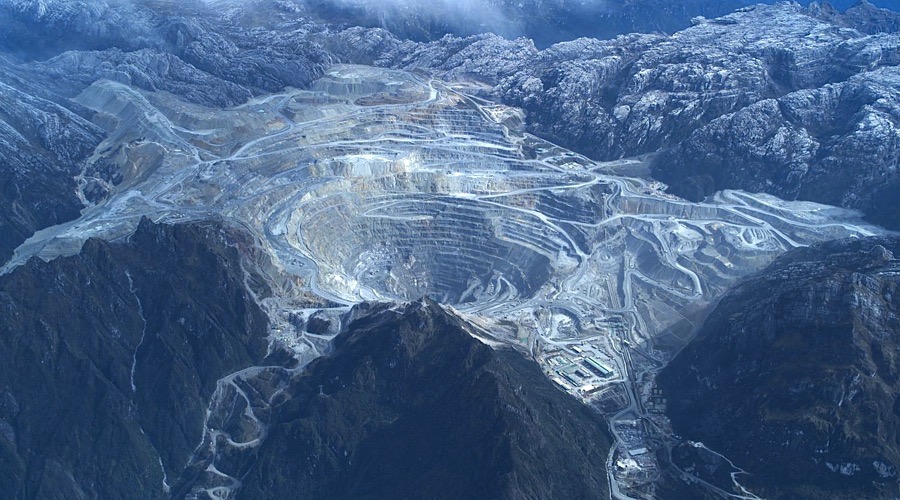Freeport-McMoRan profit beats estimates on higher copper prices

Freeport-McMoRan Inc beat Wall Street’s expectations for second-quarter earnings on Thursday as the copper producer, one of world’s largest, benefited from higher demand and increased prices for the red metal.
Copper prices touched an all-time record high of $10,747.50 a tonne in May. Bullish investors bet that demand for the red metal will increase further as the world economy recovers from covid-19 woes and as green energy investments ramp up.
Click here for an interactive chart of copper prices
The Phoenix, Arizona-based miner’s adjusted net income attributable to common stock was $1.14 billion, or 77 cents per share, in the three months ended June 30, compared with $44 million, or 3 cents per share, a year earlier.
Analysts on average had expected a profit of 76 cents per share, according to IBES data from Refinitiv.
Shares fell slightly to $34.54 in midday trading.
The average realized price Freeport received per pound of the red metal rose 70% in the second quarter, while copper production increased about 19% to 913 million pounds.
The company said production of molybdenum, a battery metal used in airbags, stood at 20 million pounds compared with 19 million pounds a year earlier.
The company lowered its capital expenditure guidance for 2021, excluding Indonesia smelter expenditures, to about $2.2 billion from $2.3 billion.
Political uncertainty in Chile and Peru, where Freeport operates large copper mines, makes the company’s U.S. mines “more attractive,” Kathleen Quirk, Freeport’s finance chief, said on a Thursday call with investors.
Peru’s new socialist president has said he wants to increase spending on healthcare and education by boosting mining taxes. In Chile, some lawmakers are seeking to hike mining royalties in a bid to fund covid-19 recovery efforts.
Elsewhere, a drought engulfing the U.S. Southwest is something the company is watching carefully but not expected to become a crisis that would affect operations, Chief Executive Richard Adkerson said. Copper mining is a water-intensive process.
(By Rithika Krishna and Ernest Scheyder; Editing by Marguerita Choy and Maju Samuel)
{{ commodity.name }}
{{ post.title }}
{{ post.date }}




Comments